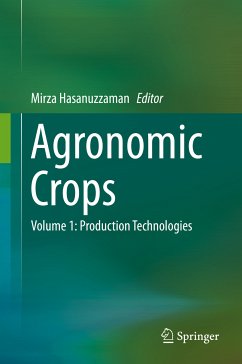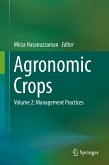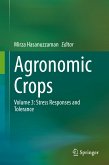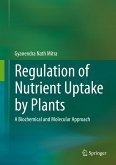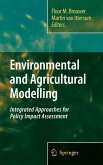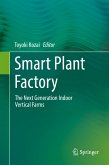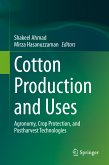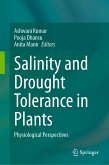Scientists are now exploring a variety of approaches to the sustainable production of agronomic crops, including varietal development, soil management, nutrient and water management, pest management, etc. Researchers have also made remarkable progress in developing stress tolerance in crops through different approaches. However, achieving optimal production to meet the increasing food demand is an open challenge.
Although there have been numerous publications on the above-mentioned problems, and despite the extensive research being conducted on them, there is hardly any comprehensive book available. In response, this book offers a timely resource, addressing all aspects of production technologies, management practices and stress tolerance in agronomic crops in a single volume.
Dieser Download kann aus rechtlichen Gründen nur mit Rechnungsadresse in A, B, BG, CY, CZ, D, DK, EW, E, FIN, F, GR, HR, H, IRL, I, LT, L, LR, M, NL, PL, P, R, S, SLO, SK ausgeliefert werden.

